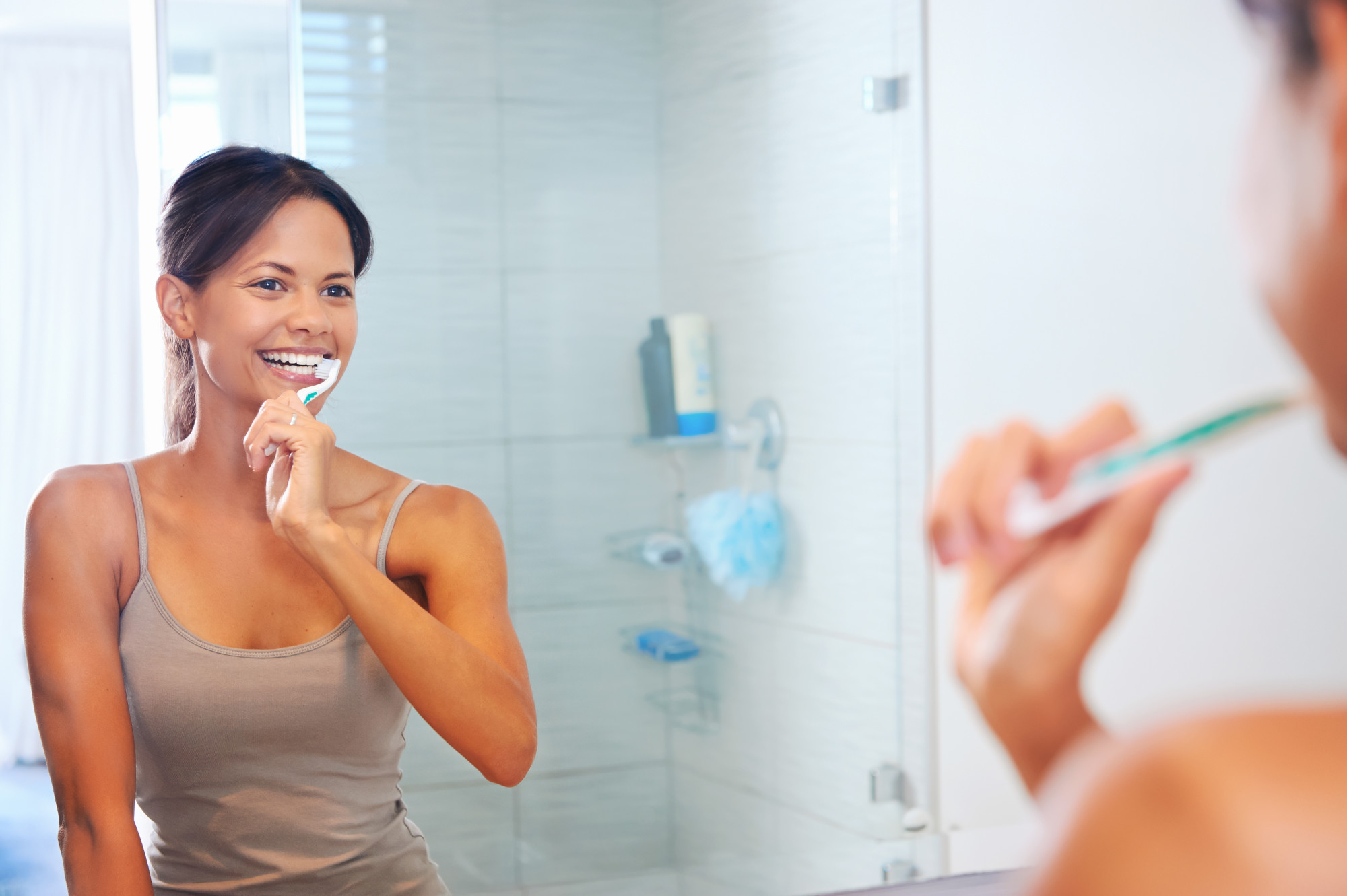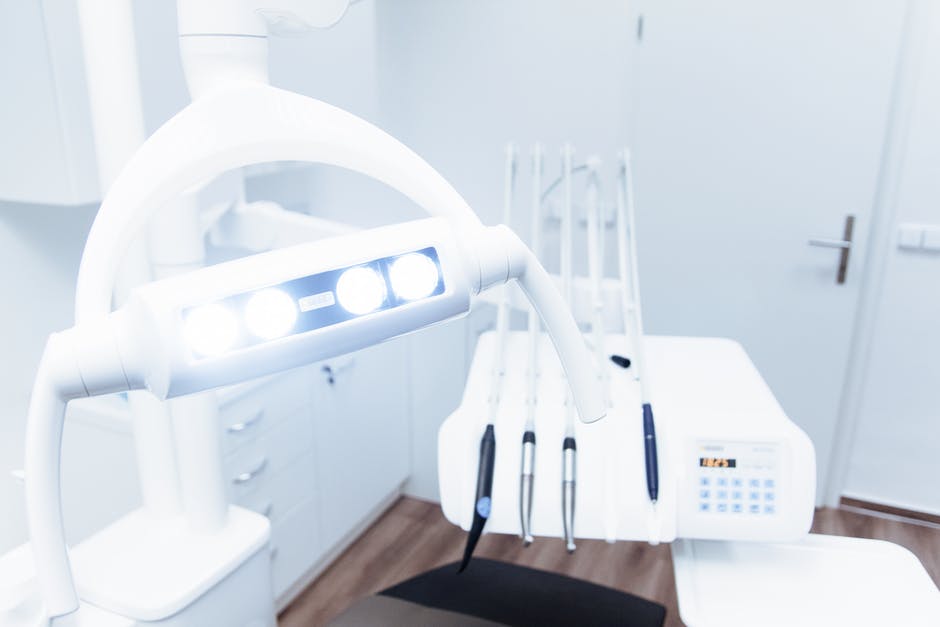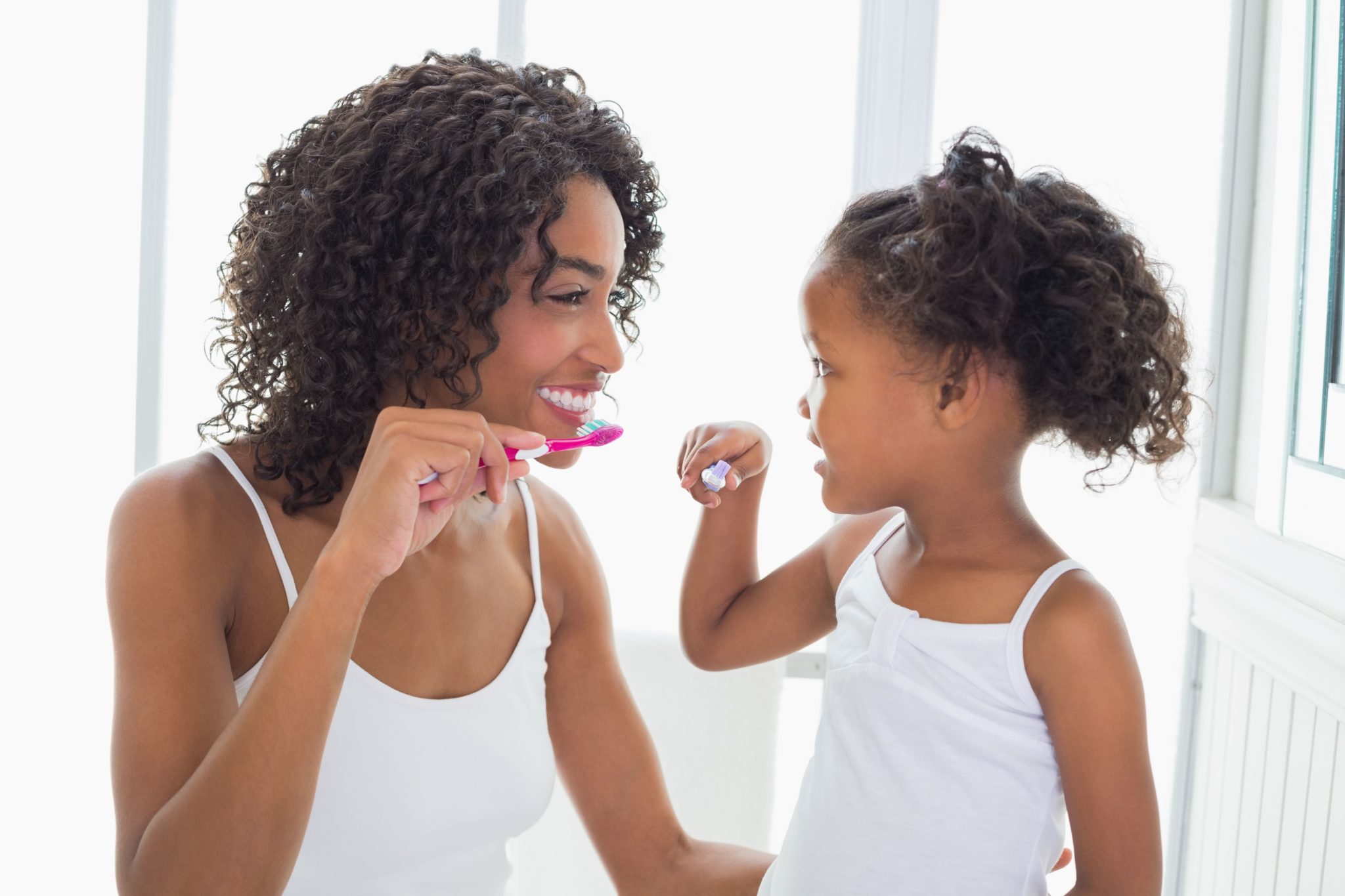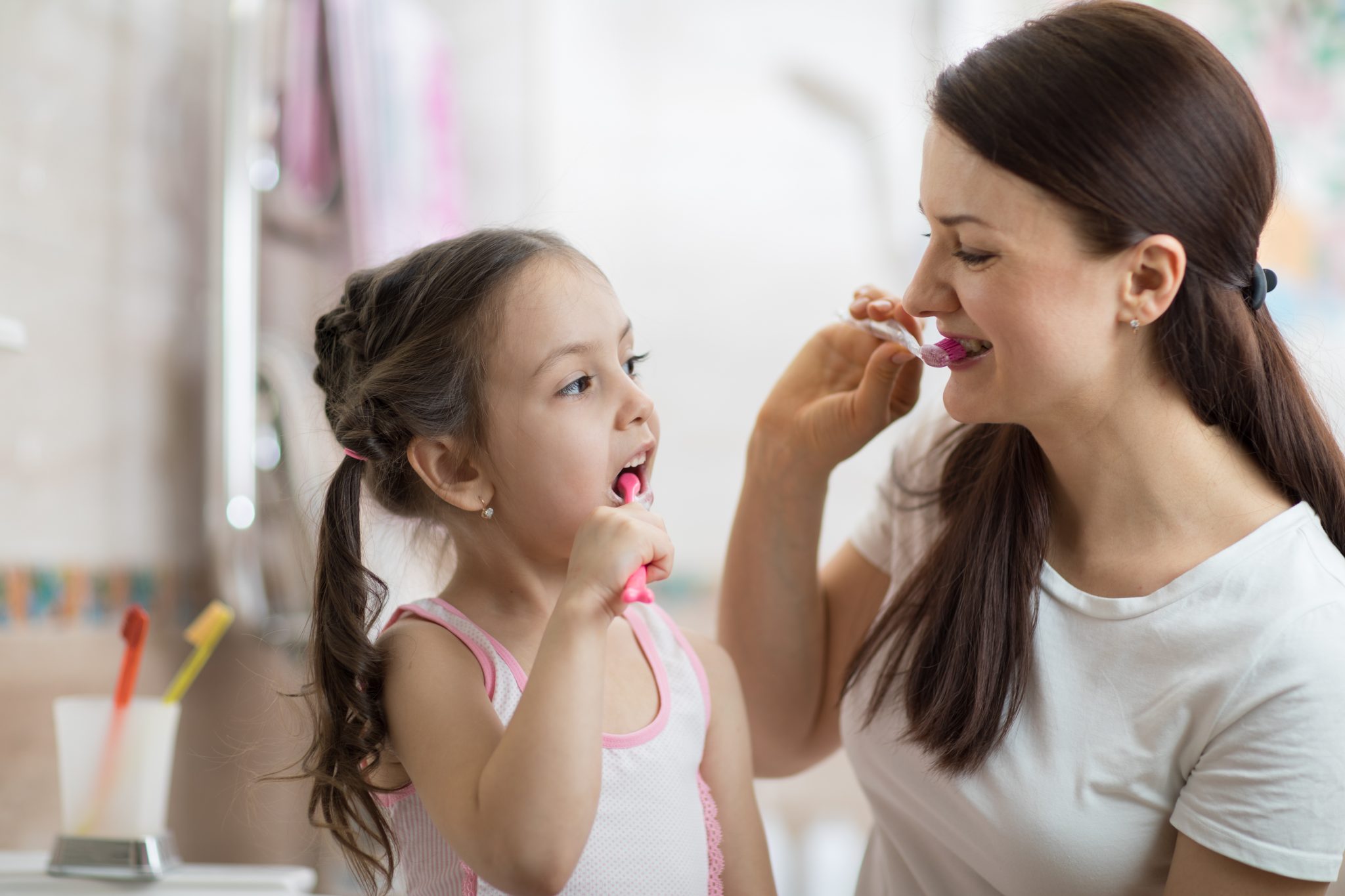What if you were destroying your teeth and didn’t even know it? We brush our teeth twice a day in order to keep cavities and other oral health issues away. But just brushing your teeth is not enough to protect them. Instead, you must ensure you are brushing them the right way. That’s where we in. Keep reading to discover our top 5 Webster Family Dentistry tips to brush perfectly every time as well as some easy mistakes you need to avoid!
How Long Should You Brush Your Teeth?
It’s important to brush your teeth for at least two minutes at a time twice a day. You should use a timer or stopwatch to ensure you brush for the minimum amount of time.
At first, using a timer or stopwatch may seem like overkill. However, it’s not until we start brushing each morning and evening that we realize Albert Einstein was correct. Time is relative!
Without checking the time, it’s easy to think two minutes have gone by when they haven’t. And if you keep finishing 30 seconds too early, this can sabotage your dental care over time.
Is It Possible to Brush Too Much?
While brushing for more than two minutes is usually not dangerous, it is possible to brush your teeth too hard. This can lead to sensitivity, abrasion, and even gum recession.
Most people who brush too hard are very concerned about their dental hygiene. Unfortunately, brushing hard can cause its own kinds of dental care issues separate from not brushing enough.
If you’re worried that you’re brushing too hard, be sure to consult with your dentist. And here at Webster Family Dentistry, we’re happy to make sure each tooth brushing session is “just right.”
The Type of Toothbrush Matters
When you go to the store, you may notice that there are often dozens of different toothbrushes to choose from. However, some of these are going to be more effective than others.
For example, you need a toothbrush with soft bristles. This is ideal for removing plaque from your teeth, which is why such brushes are recommended by the American Dentistry Association.
Beyond that, you have some choices in which type of toothbrush to use. Some people prefer a brush with a smaller head because they find it easier to get to those hard-to-reach places within the mouth. And many prefer an electric toothbrush because it provides a stronger and more consistent brushing experience.
How Often Do I Need to Replace the Toothbrush?
It’s best to replace your toothbrush every three months. However, you can replace it earlier than that if you begin to see signs of wear and tear. And you should always replace your toothbrush after you recover from an illness.
It’s important to think of your toothbrush like any other tool. It will wear down and become less effective over time. And if you don’t replace the brush in time, then even a vigorous brushing job may not effectively clean your teeth.
If you use an electric toothbrush, you can replace the head instead of getting a brand new brush. This helps cut down on the overall costs of your dental care.
Finding the Right Toothpaste
One of the most common questions we get is what toothpaste a person should be using. However, the correct answer varies from patient to patient!
For example, some toothpaste is designed for sensitive teeth. And some toothpaste is designed to whiten your teeth. Other types are formulated to fight cavities in a particular way.
Long story short? If you are concerned about which toothpaste is right for you, it’s best to consult with your dentist. This is especially true if you have concerns about your current toothpaste.
Toothbrushing Mistakes to Avoid
When it comes to dental hygiene, sometimes it is important to know what not to do. Even small mistakes in toothbrushing add up over time and can lead to major issues with your dental care.
Fortunately, the most common toothbrushing mistakes are easy to fix. Below, we have a few mistakes you need to avoid!
Just Going Back and Forth
The most common toothbrushing error is that people go back and forth over their teeth with the brush. This technique might make your teeth look good, but it won’t remove most of the plaque.
That’s because plaque builds up around your gums. To go after the plaque, you need to start at your gums and move the brush up and down instead of left to right. This “gentle massage” technique will be much more effective.
Brushing Too Soon After Eating
One of the reasons that we brush at night is to clean up our teeth after a day of eating various meals and drinking assorted drinks. Some people think it is best to brush right after eating. However, that can be a big mistake!
The food we eat leaves acid on our teeth. Fortunately, our saliva helps deal with the acid. But if you don’t wait at least 20 minutes after eating to brush, you’re sabotaging your dental care.
That’s because if you brush before your saliva helps deal with the acid, your brushing may spread the acid around. Just like that, brushing can do harm to your teeth.
Ignoring the Inside of Your Teeth
We brush in front of a mirror most of the time. Because of that, we brush what we can see. But it’s also important to brush what you can’t see: the inside of your mouth.
Plaque can build up inside your teeth just like it builds anywhere else. And if you don’t take care of this hidden plaque, it can lead to cavities and other major issues.
Brushing the inside of your teeth as well as your tongue helps improve your dental hygiene. As an added bonus, your breath will smell better, too!
Visit Webster Family Dentistry Today
Now you know how to brush your teeth better every time and what mistakes to avoid. But do you know who you can trust with your overall dental hygiene?
Here at Webster Family Dentistry, we specialize in giving you healthier teeth and a brighter smile. To see what we can do for you and your family, just contact us today!





